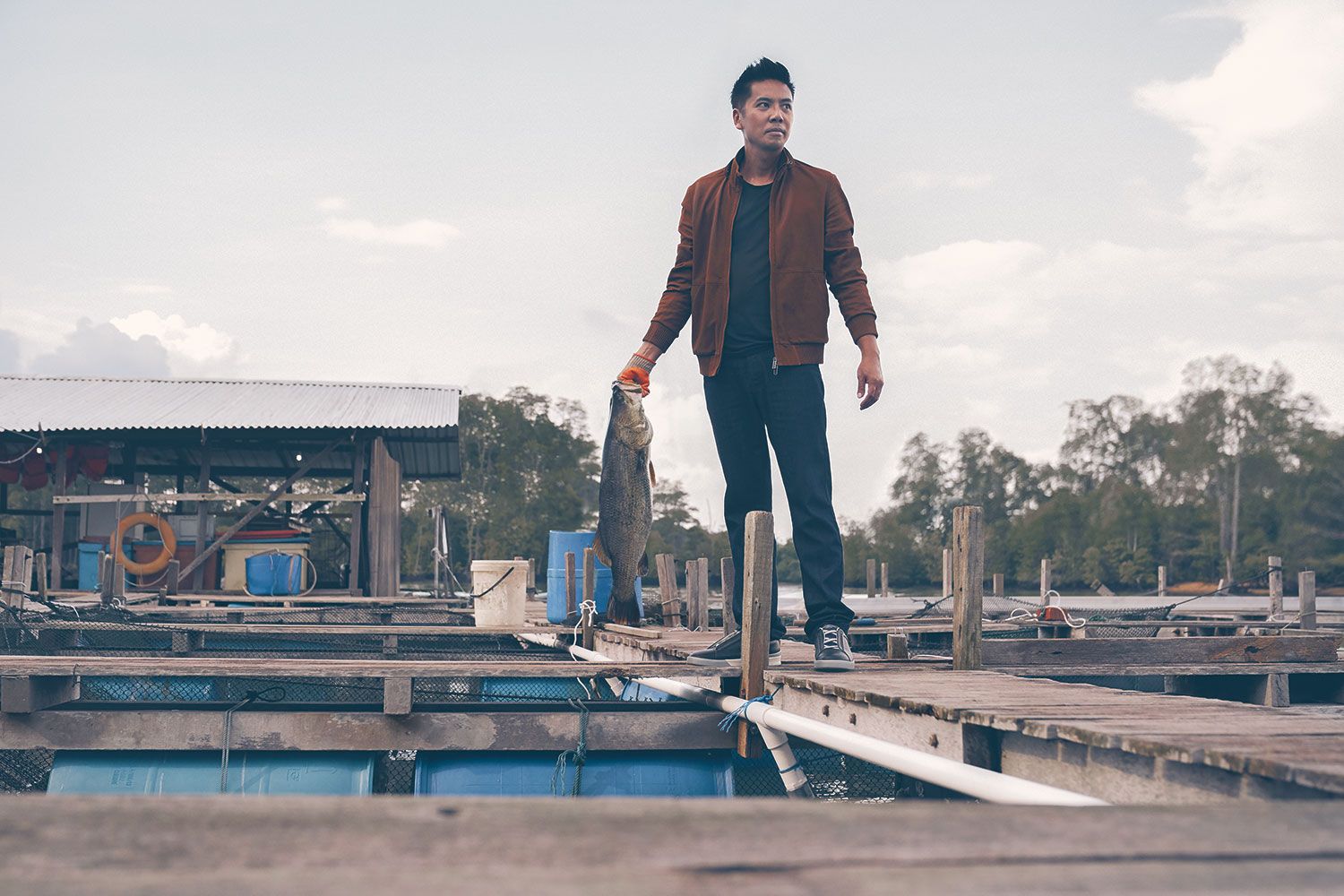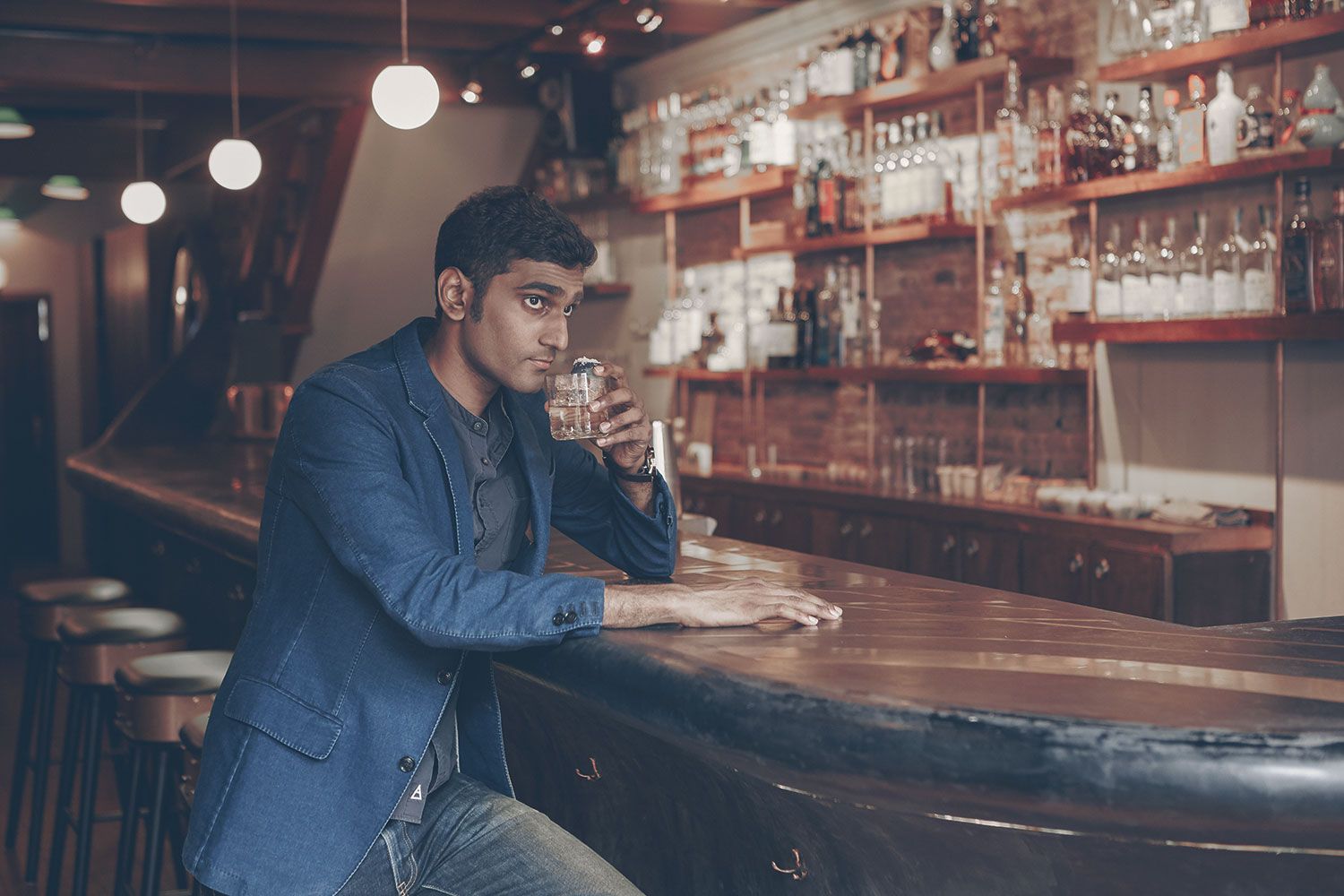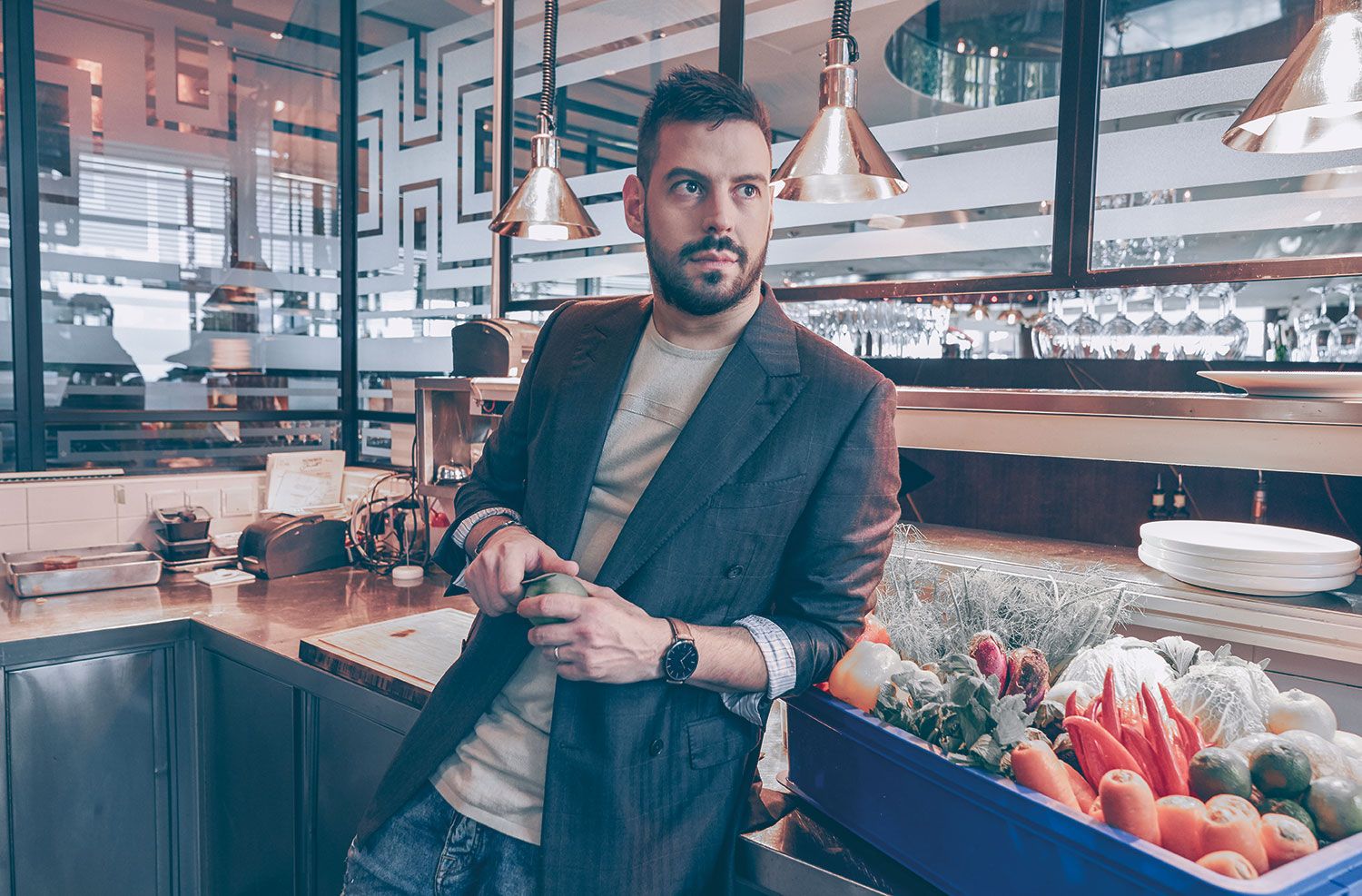These young eco-warriors are leading the charge in creating a more sustainable food industry in Singapore, as Don Mendoza discovers
Striving for a better life has taken on greater significance over the last decade, particularly where ethical consumption and adopting more sustainable choices are concerned. And while we are not all called to take the lead—or be like the Al Gores of the world, called to fight for better corporate governance in areas that impact social and environmental change—every one of us has a part to play. To quote famed British archaeologist and writer TE Lawrence, “big things have small beginnings”. We could start with simple changes in habit, like opting to do without straws and other single-use plastics or prioritising our needs over our wants when placing our order for dinner. It’s an already indulgent life we lead, so the least we can do is to make sure our appetite for the finer things are in line with the best interest of the planet.
Leading by example is a young generation of eco-warriors who have found themselves in a rare position to inspire the hero in all of us.

Daniel Wee
Owner, Seafood Culture
“Who says our tiny island cannot produce our own food,” says 40-year-old Daniel Wee, who left a career in Information Technology and with only $20,000 in his pocket started Seafood Culture, a fish farm in 2013. He joins a small but growing band of farmers helping make the increasingly pragmatic option of quality locally farmed seafood possible.
“We were operating from an inland farm in Lim Chu Kang and faced many obstacles. As we were located away from the shoreline, sea water collection, for one, was a high cost, and rent on land was much higher than our fish yield could support.”
He moved operations to an offshore fish farm off Changi but was hit with plankton bloom in 2015 that wiped out the farm’s entire livestock.
“Not willing to just throw in the net yet, we took a break for a month to recharge and started stocking up on fingerlings from the overseas hatcheries and it has been smooth farming so far,” Wee shares. “Seafood Culture was back in business in 2016, and we’ve been harvesting and delivering live fish to fine dining restaurants, wholesalers and ship chandlers.”
The farm specialises in live produce such as the hybrid black grouper, red snapper, Asian seabass, rock lobster, white Pacific prawns and tiger prawns. While traditional methods of farming are used, modern tools such as solar panels to provide clean energy help the business stay as green as possible.
(Related: Tatler Table: Embracing Sustainable Dining)


